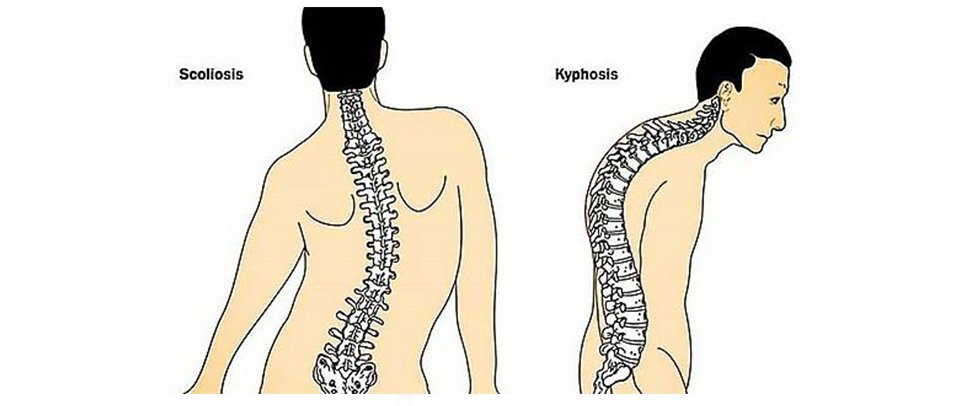Kyphosis is a spinal disorder where an excessive outward curve of the spine is present. It results in an abnormal rounding of the upper back. Kyphosis can occur at any age but is typically seen during adolescence. Kyphosis surgery is commonly an effective treatment. Doctors suggest surgery to take into consideration. After diagnosed with types of conditions, test an abnormal curvature of an angle over 50 degrees.

Why is Kyphosis surgery necessary?
Kyphosis surgery is performed to correct the position of the back. It may help to relieve pain after surgery. Some of the reasons why people choose Kyphosis surgery are listed below.
- Pronounced spine
- Persistent pain in spine
- Disrupting body curve
- Spinal deterioration
- Curve severity
- Curve progression
- Balance
- Neurological symptoms
Types of Kyphosis surgery
Congenital Kyphosis – This type of surgery is used to correct spinal growth failure in infants and children.
Postural Kyphosis – is used to correct poor posture and slouching. It is the most common type of Kyphosis and typically occurs in younger adults and adolescents.
Scheuermann’s disease – It is the most frequent reasons for back pain in children and adults. Caused by abnormality of the spine and grow at competent rates. The spine becomes worse of the upper back.
Degenerative Kyphosis – surgery is used to correct degenerative spinal issues that occur in adults over the age of 40. Typically, this type of surgery is considered as a last resort. Mainly occurs in children who have neuromuscular disorders. It considers palsy, muscular disorders, and more.
Nutritional Kyphosis – surgery is used to correct spinal deformities that occur due to lack of nutrition and vitamins. Typically, occurs due to softening of bones and Vitamin D deficiencies.

